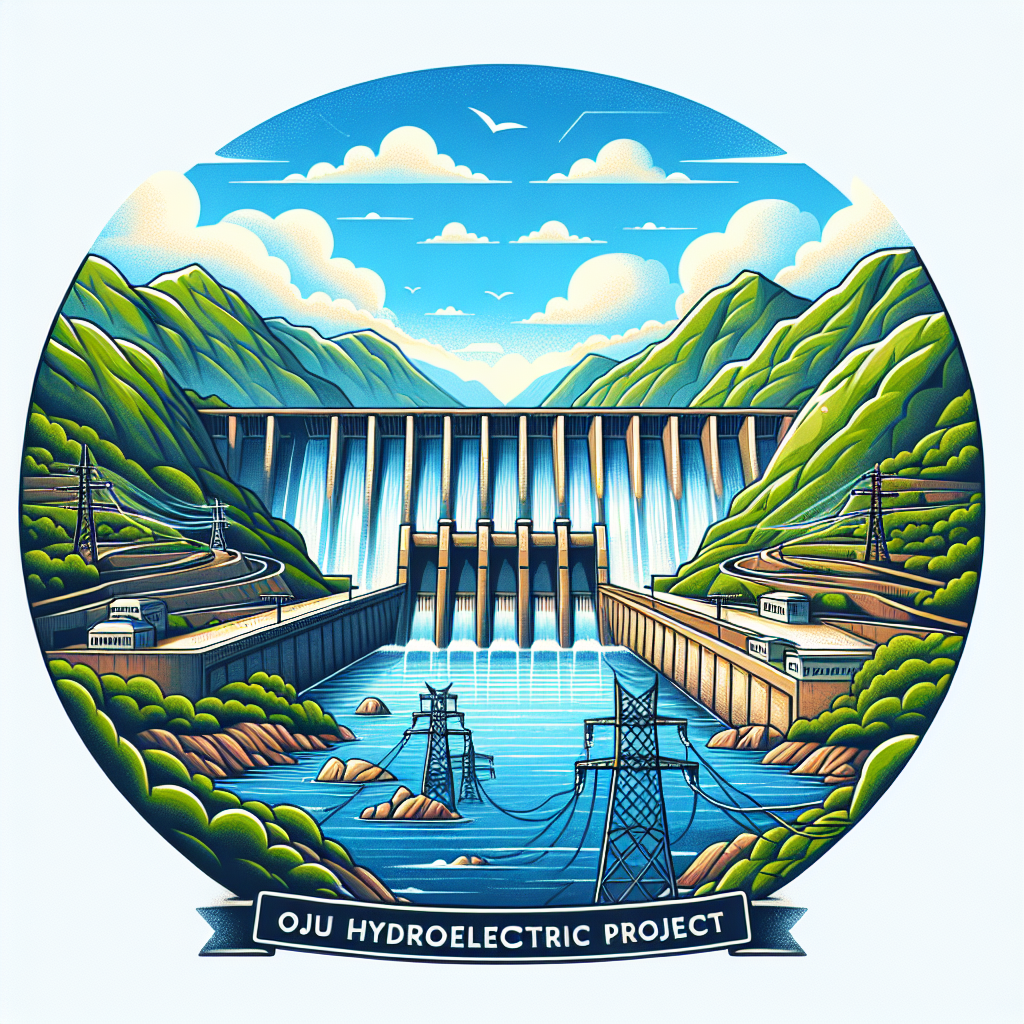Oju Hydroelectric Project: A Leap for Energy or Environmental Gamble?
The central government has approved the Oju hydroelectric project in Arunachal Pradesh, which aims to generate 2,220 MW. Despite its economic promise, the project raises environmental and social concerns, including impacts on local communities and the fragile Himalayan ecosystem. Public apprehensions remain over its potential ecological and social risks.

- Country:
- India
In a significant development, the Indian government has greenlit the Oju hydroelectric project in Arunachal Pradesh's Upper Subansiri district, marking a key step for India's energy ambitions. The venture, anticipated to generate 2,220 megawatts, is set against the fraught backdrop of geopolitical sensitivity with China and fragile Himalayan landscapes.
While the economic benefits of the project are immense, bringing substantial electricity supply and stimulating local employment and trade, it has met with fierce opposition from environmental groups and local inhabitants. Concerns are mounting over the ecological and social repercussions, especially given the area's seismic vulnerability and rich biodiversity.
The project's scale and the use of 750 hectares of forest land have sparked debates about its true cost. Public hearings have spotlighted unresolved issues, including fair compensation, community impact, and the reliability of promises for corporate social responsibility outreach. The situation underscores the complex balance between progress and preservation in energy infrastructure endeavors.
(With inputs from agencies.)










